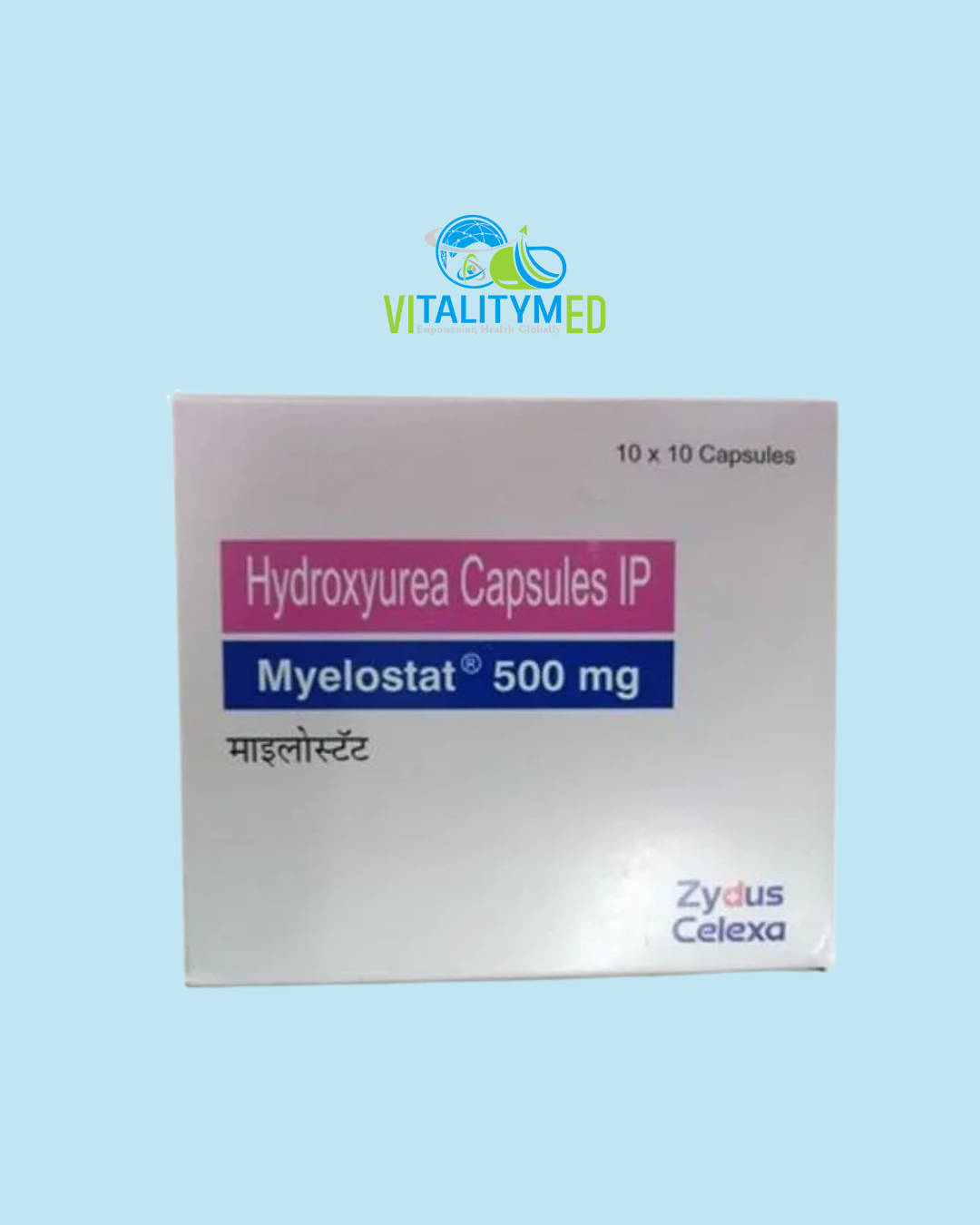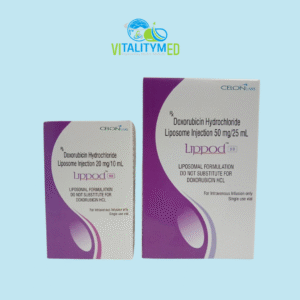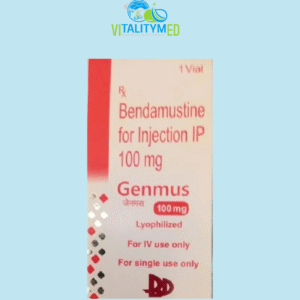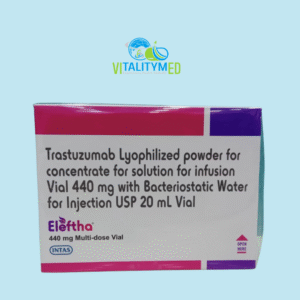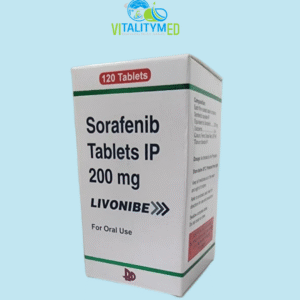Myelostat 500 mg Capsule contains Hydroxyurea 500 mg, a well-established oral cytotoxic (anticancer) agent used in various blood disorders and certain cancers. By interfering with DNA synthesis, it helps reduce abnormal cell production.
Hydroxyurea has been a cornerstone in managing conditions like chronic myeloid leukaemia (CML) and sickle cell disease, offering both disease control and improved quality of life when monitored carefully.
Mechanism of Action
Hydroxyurea works primarily by:
-
Inhibiting ribonucleotide reductase, the enzyme crucial for converting ribonucleotides to deoxyribonucleotides, which are building blocks of DNA.
-
This blocks DNA synthesis in rapidly dividing cells (like cancer cells or abnormal blood cells), leading to cell death or slowing their growth.
Additionally, in sickle cell disease, hydroxyurea increases fetal haemoglobin (HbF) production, which helps reduce sickling of red blood cells, decreasing painful crises and hospitalisations.
Uses / Indications
Myelostat is indicated in:
-
Chronic Myeloid Leukaemia (CML): to reduce excessive white blood cell counts and control the disease.
-
Polycythemia Vera & Essential Thrombocythemia: to decrease high red cell or platelet counts, reducing the risk of clots.
-
Sickle Cell Anaemia: to lessen the frequency of painful vaso-occlusive crises and need for blood transfusions.
-
Sometimes also used in head and neck cancers, as part of combined therapy.
The treatment plan is tailored individually, based on blood counts and clinical response.
Adverse Effects
Like many cytotoxic agents, hydroxyurea comes with side effects that require close monitoring.
Most common side effects include:
-
Bone marrow suppression: leading to low white cells (infections), low platelets (bleeding), or anaemia (fatigue).
-
Gastrointestinal upset: nausea, vomiting, loss of appetite.
-
Skin and nail changes: darkening or thinning of skin, nail ridges.
-
Mouth ulcers.
Rare but serious effects:
-
Long-term use slightly increases the risk of secondary leukaemias or skin cancers, so periodic skin checks and blood monitoring are important.
-
Leg ulcers, especially with prolonged therapy.

